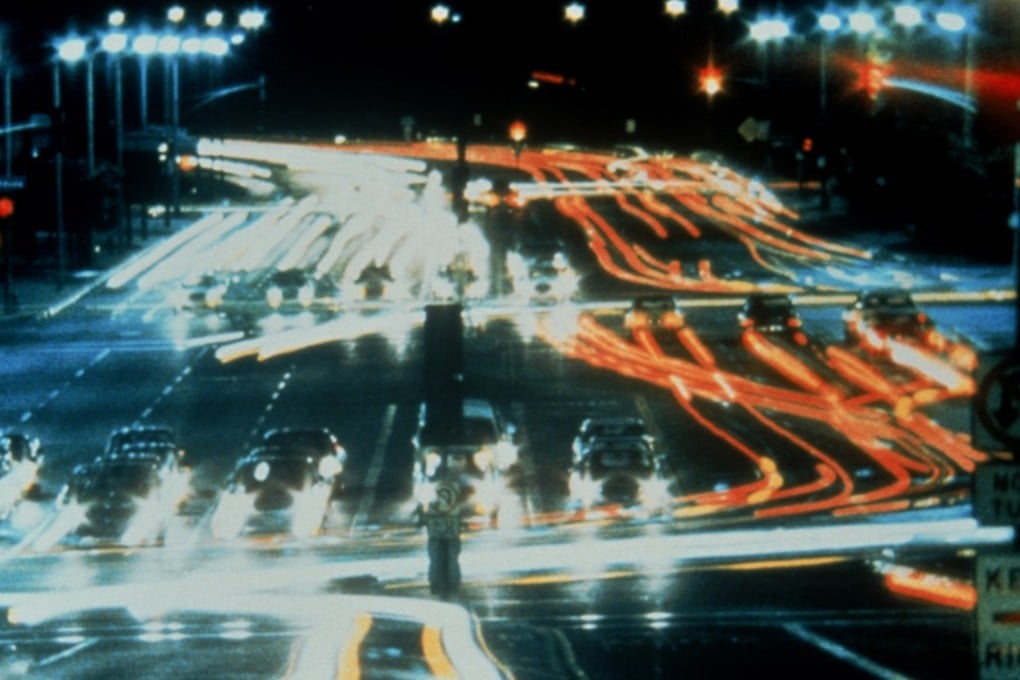Flashback: Koyaanisqatsi (1982) – Godfrey Reggio’s masterful survey of our world
It’s more talked about than seen, but Reggio’s marriage of images with Philip Glass’ incredible score is unlike anything else you’ll ever experience – and contrary to rumour, it’s not a work for hippies

Koyaanisqatsi’s perfect synthesis of sound and image makes for a highly unusual cinematic experience. Neither a narrative film nor a documentary, but not an abstract experimental work either, this full-length feature is as unusual today as it was upon its release, in 1983.
The work of three collaborators – director Godfrey Reggio, cinematographer Ron Fricke and composer Philip Glass – this dialogue-free film grows from a statement on ecological destruction into a full-blown critique of modern civilisation. Intelligently conceived, provocative and uniformly beautiful in sight and sound, it is an undisputed cinematic masterpiece.
Because of problematic rights issues, Koyaanisqatsi has been much talked about but little seen, and is often thought of as a post-1960s hippy movie – although nothing could be further from the truth. There are no spiritual revelations or mystical experiences in the film, and the tight structure and creative choice of images have more to do with the precise approach of master documentarian Dziga Vertov than they do with pop culture.
Often lumped in with films about ecology, that’s only part of the story – its analysis of the modern, industrialised lifestyle, and the effects of mechanisation on individuality in particular, has as much in common with films such as Jacques Tati’s Playtime (1967) and Charlie Chaplin’s Modern Times (1936) as it does with An Inconvenient Truth (2006). The title, which is in the Native American Hopi language, translates as “crazy life”.